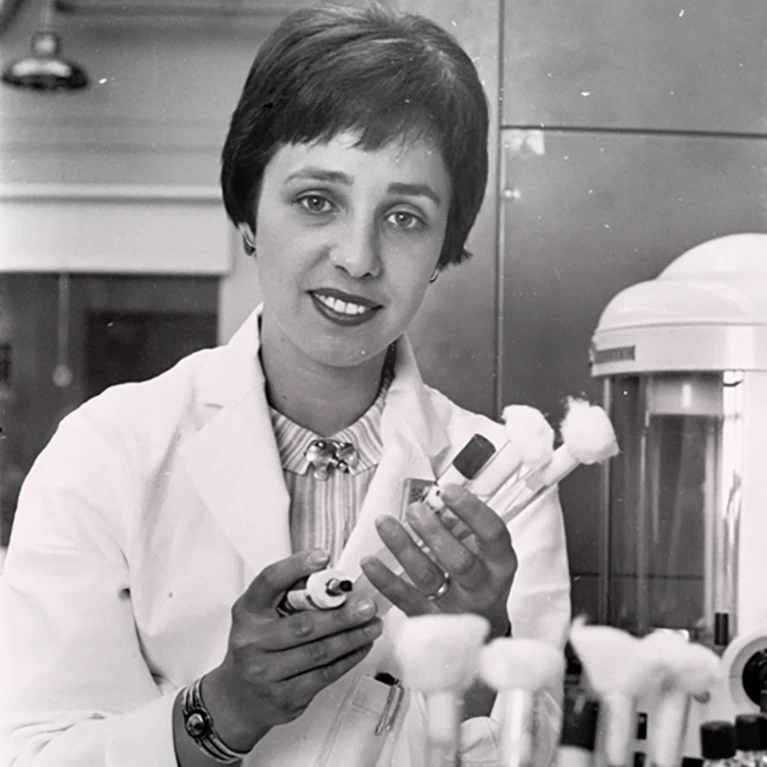Maxine Singer Death, Obituary – Maxine Singer, a pioneering biochemist whose contributions significantly shaped the field of genetic engineering, has passed away at the age of 93. Her remarkable career not only advanced our understanding of genetic material and enzymes but also underscored her commitment to addressing the ethical and societal implications of scientific research.
Singer’s scientific journey began in New York City, where she was born Maxine Frank. An early passion for chemistry led her to Yale University, where she earned her PhD in protein chemistry. It was at Yale that she first encountered the groundbreaking work on the double helix structure of DNA by James Watson, Francis Crick, and Rosalind Franklin, which would later become foundational to her own research.
In 1956, Singer joined the biochemistry lab at what is now the US National Institute of Arthritis and Musculoskeletal and Skin Diseases in Bethesda, Maryland. Here, she explored the role of enzymes in forming nucleic acid polymers, contributing to the elucidation of the genetic code. Her research, alongside that of geneticist Marshall Nirenberg, helped decode how nucleotide sequences translate into proteins, a milestone in molecular biology.
Singer’s influence extended beyond the laboratory. In 1972, Paul Berg, who would later win the Nobel Prize in Chemistry, conducted the first genetic-recombination experiment, inserting monkey virus DNA into the bacterium *Escherichia coli*. This pioneering work sparked a global debate on the potential risks of genetic engineering. To address these concerns, Singer co-organized the 1975 Asilomar Conference, which brought together scientists, lawyers, and policymakers to develop guidelines for recombinant-DNA research. Her role in crafting the conference’s report and the subsequent NIH guidelines on genetically modified organisms was crucial in establishing a framework for safe and responsible scientific inquiry.
Singer’s advocacy did not stop with scientific guidelines. She was deeply committed to promoting diversity and inclusion in science. Despite initially facing little gender-based prejudice at the NIH, she became acutely aware of the challenges women faced in scientific careers. Determined to address these barriers, she actively worked to improve opportunities for women and marginalized groups in science.
In 1988, frustrated by the increasing bureaucracy at the NIH, Singer became president of Carnegie Science in Washington DC. During her tenure, she spearheaded initiatives to enhance science education in public schools, increase public engagement with science, and support underrepresented groups. Her leadership also extended to the construction of telescopes at Carnegie’s astrophysics observatory in Chile and the establishment of a research department focused on global ecology.
Singer retired from Carnegie in 2002 but continued her outreach efforts in Washington DC. Her legacy includes numerous honors, including the National Medal of Science, awarded by President George H. W. Bush in 1992. In a 1998 interview, Singer eloquently articulated her belief that “Science is not an inhuman or superhuman activity. It’s something that humans invented, and it speaks to one of our great needs — to understand the world around us.”
Maxine Singer’s remarkable career not only advanced our scientific understanding but also exemplified a lifelong commitment to making science accessible, equitable, and ethically grounded. Her impact will be remembered by both the scientific community and the broader public.
